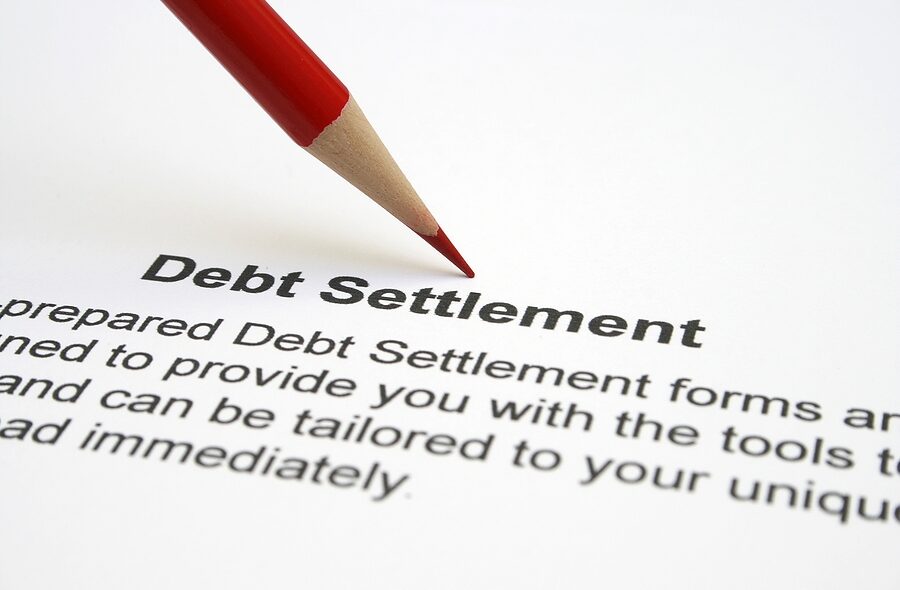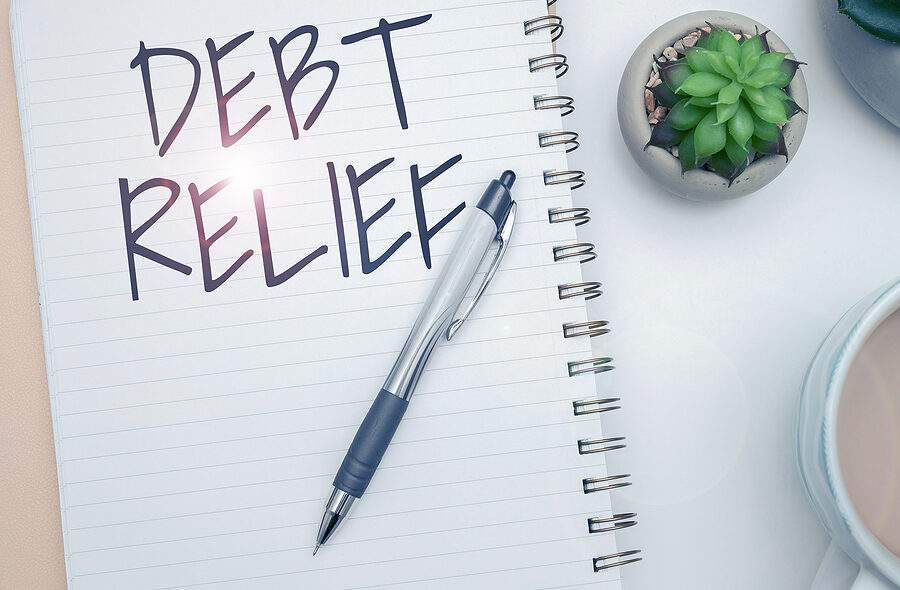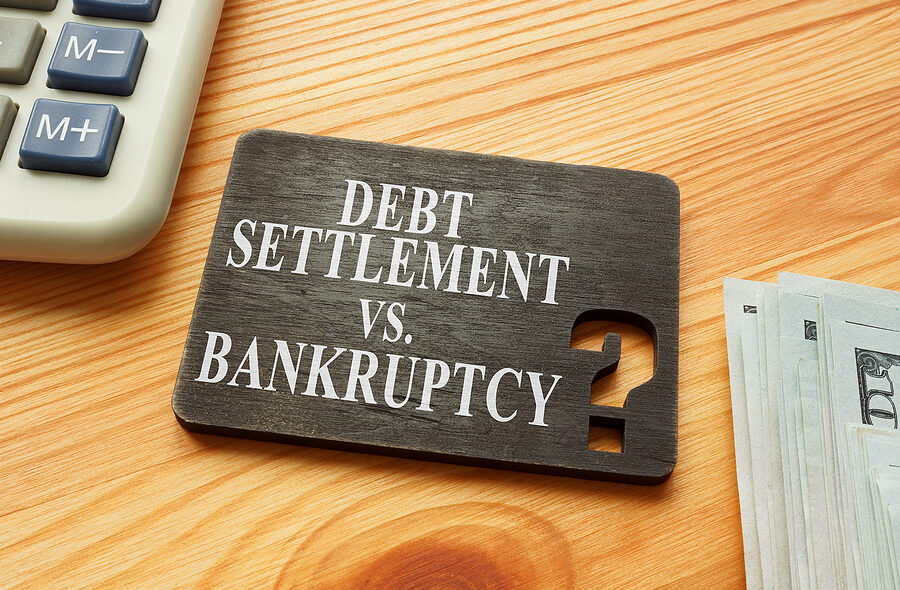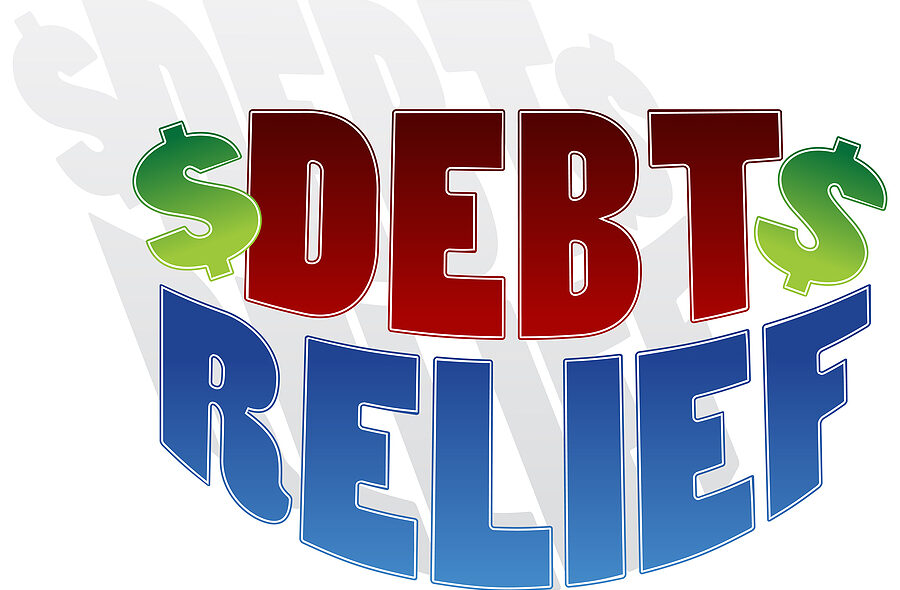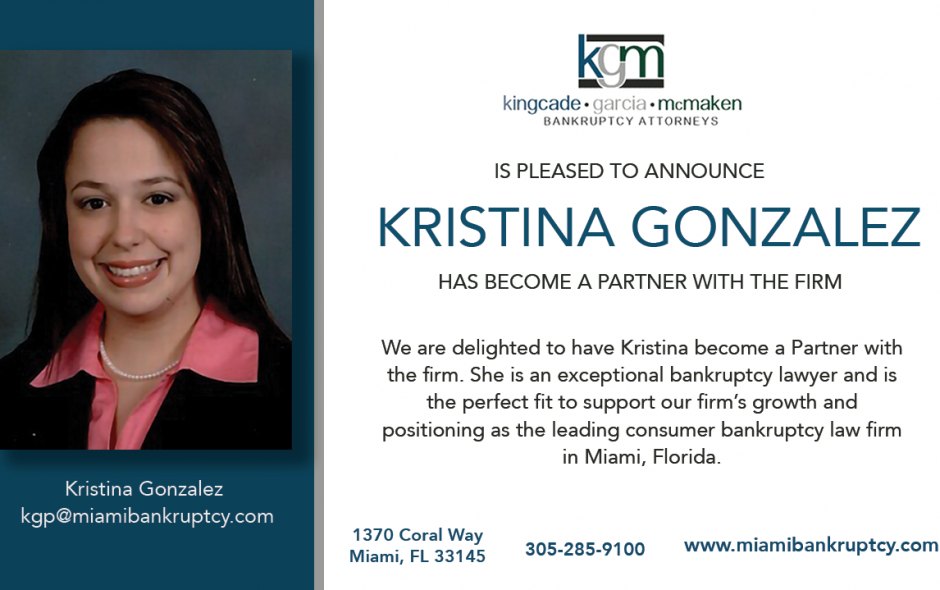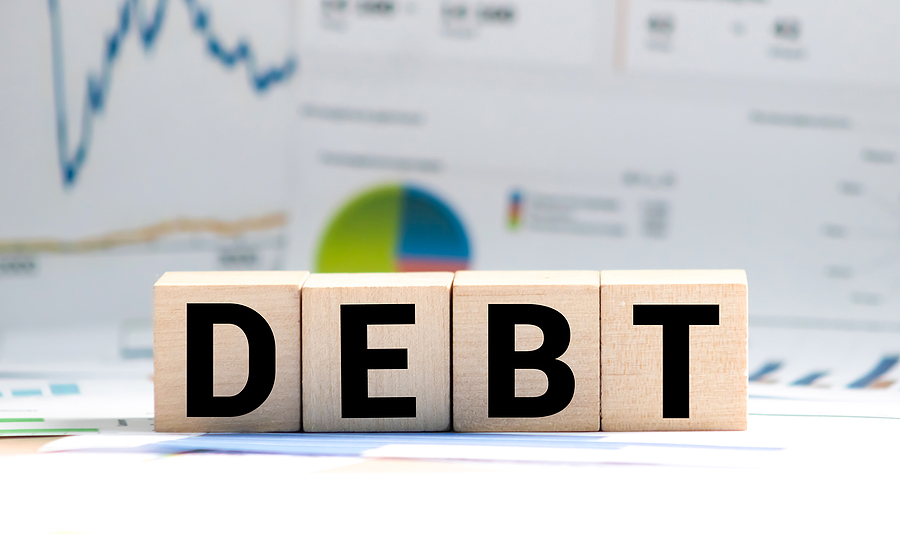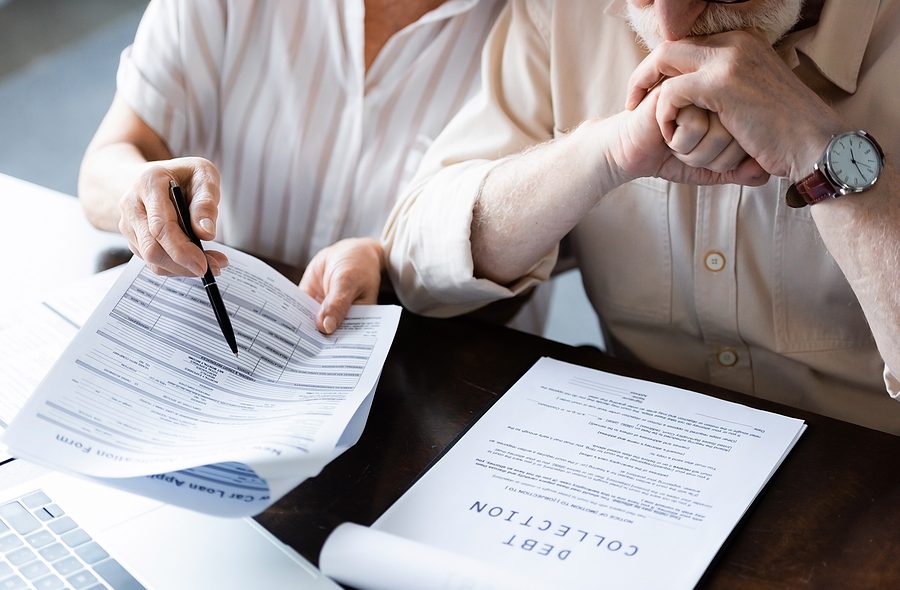Consumers often resort to seeking the assistance of a debt relief company in an effort to avoid filing bankruptcy. However, hiring a third-party debt relief company is not always a wise decision for the consumer if bankruptcy is inevitable.
Some consumers decide to retain the services of a debt settlement company to negotiate payments on their outstanding debts. However, often the better option ends up being either having the consumer directly settle his or her debts without hiring another company or having the consumer move forward with filing for bankruptcy.
Debt settlement companies say they can work directly with the consumer’s creditors to settle their outstanding unsecured debts. In order to accomplish this, most debt settlement companies tell their clients to stop making payments on their debts, thereby pushing the debts into collections. The debt settlement company will then tell the consumer to pay them a monthly fee, which will be set aside into a savings account for future settlement of the person’s debts.
Unfortunately, there are many things a debt settlement company fails to tell the consumer when they are hired to negotiate the consumer’s debts. Ultimately, debt settlement is a business, and the company is looking out for their bottom line, not the consumer’s best interest, which is why so many debt relief scams exist.
First, while the debt settlement company is working on the consumer’s behalf, the total amount of debt will continue to grow thanks to interest accruing and fees being assessed when the consumer stops making payments. The consumer will also find his or her credit score taking a significant hit during this time since defaulting on a financial obligation is reflected poorly on someone’s credit report. Additionally, the creditor is under no obligation to work with the debt settlement company. They may be successful in settling a debt, the creditor is not obligated to take a settlement offer just because one is made. The creditor is always within their rights to pursue the full amount owed.
The consumer’s credit score will definitely be impacted by debt settlement. Essentially, entering debt settlement is an admission of the consumer not paying his or her debts as originally agreed. Additionally, the debt settlement will stay on the consumer’s credit report for seven years.
Ironically, debt settlement can also leave the consumer in an even worse situation than when he or she started, especially if the efforts to negotiate the debts are unsuccessful. For many consumers, going through debt settlement is essentially delaying the inevitable filing for bankruptcy. It is usually best for the consumer to first sit down with a bankruptcy attorney and analyze his or her situation to see which route is the best one to take.
Please click here and here to read more.
If you have questions on this topic or are in financial crisis and considering filing for bankruptcy, contact an experienced Miami bankruptcy attorney who can advise you of all of your options. As an experienced CPA as well as a proven bankruptcy lawyer, Timothy Kingcade knows how to help clients take full advantage of the bankruptcy laws to protect their assets and get successful results. Since 1996 Kingcade Garcia McMaken has been helping people from all walks of life build a better tomorrow. Our attorneys’ help thousands of people every year take advantage of their rights under bankruptcy protection to restart, rebuild and recover. The day you hire our firm, we will contact your creditors to stop the harassment. You can also find useful consumer information on the Kingcade Garcia McMaken website at www.miamibankruptcy.com.

